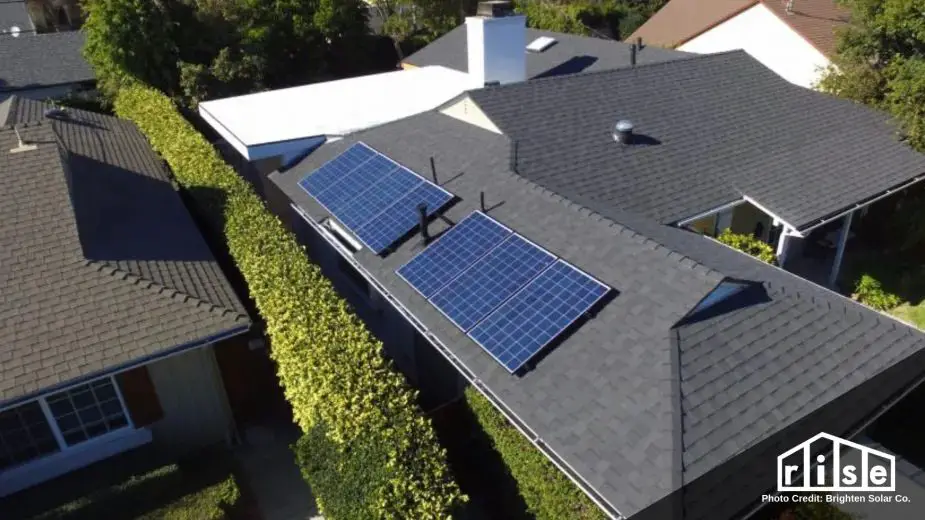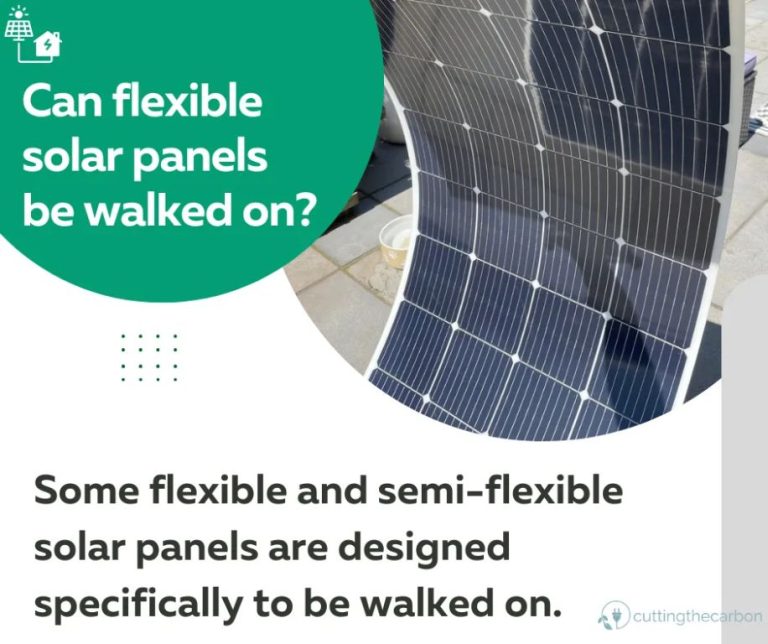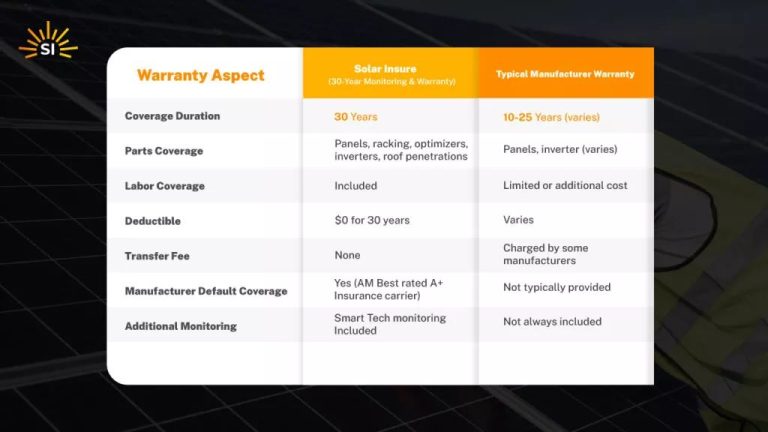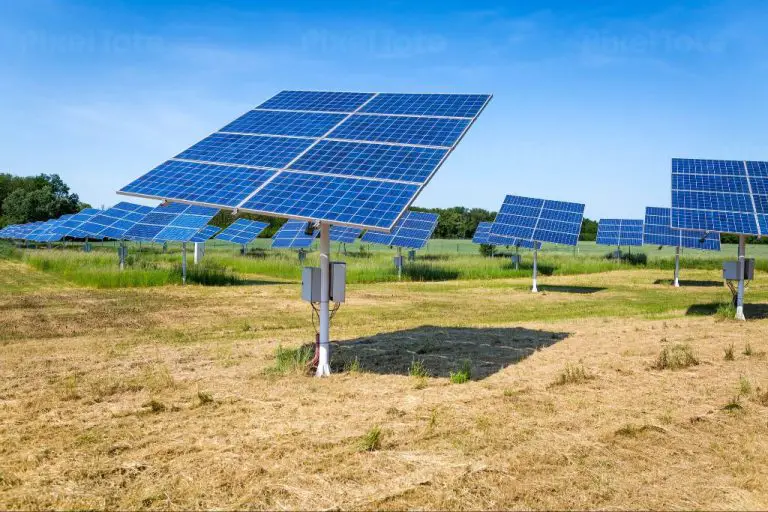Is A Career In Solar Sales Worth It?
The solar industry has experienced remarkable growth over the past decade. As climate change concerns mount and solar technology improves, more homes and businesses are adopting solar power. This rising demand creates exciting career opportunities in solar sales. But is it the right path for you? This guide examines the pros and cons of a solar sales career.
Solar Industry Overview
The solar industry has experienced rapid growth in recent years, driven by declining costs and supportive government policies. In the United States, solar capacity has grown at an average annual rate of 49% over the last decade. There are now over 97 gigawatts of solar capacity installed in the U.S., enough to power 18 million homes.
Government incentives at both the federal and state levels have helped spur adoption of solar power. The federal investment tax credit (ITC) provides a 26% tax credit for residential and commercial solar installations. Many states also offer additional rebates, tax credits, and performance-based incentives to make solar more affordable. These incentives have played a key role in solar’s growth.
The declining costs of solar panels and installations have also supported growth. The average price of solar panels has dropped nearly 70% over the last decade. As solar continues to scale, costs are projected to fall further, making it increasingly competitive with conventional energy sources. The solar industry is poised for continued growth and mainstream adoption in the years ahead.
Day-to-Day Work
A typical day for a solar sales representative involves a mix of generating leads, cold calling, scheduling appointments, and meeting with potential clients. Solar sales reps start their day by reviewing prospects from their pipeline and identifying any new leads to contact. With their call list for the day prepared, they then begin cold calling potential customers.

Cold calling requires persistence and a thick skin, as many calls will go unanswered or be rejected. Successful solar sales reps determine the key decision makers at a home or business and ask smart qualifying questions to gauge their interest in solar. They aim to schedule as many in-person solar consultations as possible. While cold calling, reps must track their progress in a CRM system.
Before client meetings, sales reps will research the property and energy usage to customize their solar proposal. At the appointment, they assess the home or building site to determine the best solar array design. Sales reps then present financing options, savings estimates, incentives, and the overall value proposition of going solar. Their goal is to secure a signed contract and deposit before leaving.
Income Potential
One of the biggest draws of a career in solar sales is the potential to earn a high income. Solar sales reps are typically paid on a commission basis, earning a percentage of the total sale price of the solar systems they sell. This commission-based structure provides the opportunity to earn an uncapped income based directly on sales performance.
According to industry surveys, the average annual income for solar sales reps falls between $60,000 to $100,000 per year. However, top performers can earn well over $100,000. For example, the top 10% of solar sales reps earn an average of around $150,000 annually. With commission rates ranging from 5-10% on systems that can cost tens of thousands of dollars, six and even seven figure incomes are possible for the highest performers.
Compared to other sales roles, solar offers much higher earning potential due to the high ticket prices of systems. For example, the median annual pay for wholesale and manufacturing sales reps is around $60,000. Solar sales reps who excel can routinely double or triple this income. The uncapped commission structure creates a tremendous opportunity for motivated reps to earn an exceptionally high income in this field.
Skills and Qualifications
A successful career in solar sales requires a specific set of skills and qualifications. Interpersonal skills like communication, listening, and relationship building are crucial. You’ll need to explain complex solar systems and financing options to homeowners in a clear, compelling way. Active listening helps you understand customer needs and objections. Building trust and rapport leads to sales and referrals.
Previous sales experience is highly beneficial. Understanding sales tactics, pipelines, objection handling, and closing helps. Experience in a related industry like roofing or construction is also useful. Familiarity with the home improvement market provides an advantage.
Most solar sales roles require a high school diploma or equivalent. Voluntary NABCEP certification shows solar proficiency but isn’t mandatory. Some states require licensing to sell solar, like a real estate or contractor’s license. Research requirements based on your location.
Job Outlook
The job outlook for solar sales is quite strong. According to the U.S. Bureau of Labor Statistics, demand for solar salespeople and installers is projected to grow by over 50% between 2021-2031, adding around 22,800 new jobs. This is much faster than the average growth rate across all occupations, which is projected at just 8% for the same period.
The main factors driving growth in solar sales jobs include declining costs of solar panels, government incentives, and increased consumer interest in renewable energy. As solar power becomes more affordable and accessible, more homes and businesses are adopting it, requiring salespeople to sell, design, and install solar systems.
Compared to other industries, the future for solar sales roles looks very promising. Sectors like retail, manufacturing, and oil/gas are expecting anemic job growth over the next decade. But solar is poised to expand dramatically as part of the global transition toward clean energy.
Work-Life Balance
A career in solar sales offers a good amount of work-life balance compared to many other sales roles. Since much of the job involves meeting with potential customers in their homes, solar sales reps often have the flexibility to set their own schedules. However, to hit sales targets, reps still need to dedicate serious time on sales calls, paperwork, and other job duties.
Solar sales reps tend to enjoy better work-life balance than fields like financial services or software sales. Those types of business-to-business sales often require extensive travel, irregular hours, and nonstop hustle. Solar sales is more contained, with less pressure and stress. Reps can frequently adjust their schedules to accommodate personal needs. However, they do need to put in the time to meet quotas and may occasionally work weekends or evenings for sales calls. Overall, solar sales enables a good work-life balance with the freedom to determine one’s schedule while still requiring focus and dedication.
Job Satisfaction
A career in solar sales consistently ranks as one of the most fulfilling and rewarding sales jobs. Surveys of solar sales professionals show exceptionally high levels of job satisfaction compared to other sales roles. The 2018 Solar Jobs Census report found that solar workers are passionate about what they do, with over 90% agreeing they are proud and enthusiastic about their work.
There are several factors that contribute to the high job satisfaction that solar sales professionals report. First and foremost is the rewarding feeling of making a positive difference by increasing the use of renewable energy. Solar salespeople get to educate homeowners and business owners on the financial and environmental benefits of going solar, helping them transition to clean, sustainable power. Being part of the green energy movement, reducing fossil fuel dependence, lowering carbon emissions, and fighting climate change can provide a deep sense of purpose and fulfillment.
Additionally, solar sales professionals enjoy a high level of autonomy and independence in their work. Solar sales roles allow for a flexible schedule, freedom to manage your own lead pipeline, and creativity in developing sales strategies. Many solar salespeople also appreciate the opportunity to be out in the field meeting with customers rather than being stuck in an office all day. The dynamic nature of solar sales keeps the job interesting and engaging. With the industry growing so rapidly, there is a true sense of being part of an exciting pioneering movement.
In summary, solar salespeople consistently report deriving a profound feeling of satisfaction from their work. From making a positive environmental impact to the freedom and creativity inherent in the job, a career in solar sales provides ample rewards beyond just the financial compensation.
Challenges
While a career in solar sales has many benefits, it also comes with some challenges that sales professionals should be prepared for. Three main challenges often cited by those in the field are high turnover rates, the pressure to meet sales quotas, and the unpredictability of a commissions-based income.
The solar sales field tends to have high turnover rates compared to other sales roles. Some reasons for this include the commission-only pay structure which can lead to inconsistent income, the need to meet demanding sales quotas, and the significant amount of rejection that comes with cold-calling sales. Hitting quotas and earning a steady living can be difficult, leading many to leave the field within their first 1-2 years. Having perseverance, resilience, and a long-term outlook are essential.
Sales quotas are a big part of most solar sales roles. Quotas represent the minimum sales volume or dollar amount that sales reps are expected to generate within certain time periods. While quotas can be motivating, they also create immense pressure to perform. Underperforming on quotas can put one’s job at risk in many organizations. Having strategies to consistently generate and close deals is key to meeting quotas amidst the ups and downs of sales cycles.
As solar sales reps earn the majority of their income through commissions, the pay is less predictable than a salaried position. While high performers can earn excellent commissions, sales can fluctuate significantly from month-to-month. Going periods without closing sales can greatly reduce one’s earnings. Having emergency savings is important, as is focusing on consist sales activities. Though commissions provide upside potential, the variability can also be a source of financial stress.
Conclusion
To summarize the key points, a career in solar sales has many potential benefits but also some downsides to consider. On the positive side, it offers the opportunity to earn a high income, work in a growing industry, help the environment, and enjoy a flexible schedule. The main challenges are dealing with rejection and unsuccessful sales, irregular income, and the need to be highly self-motivated. On balance, solar sales can be an extremely rewarding career for someone who enjoys sales, is persistent, and gets satisfaction from promoting renewable energy. The earning potential is impressive for top performers and exceeds most other sales roles. Overall, solar sales is absolutely a worthwhile career to pursue for the right individual who is willing to put in the effort to build a successful book of business.






